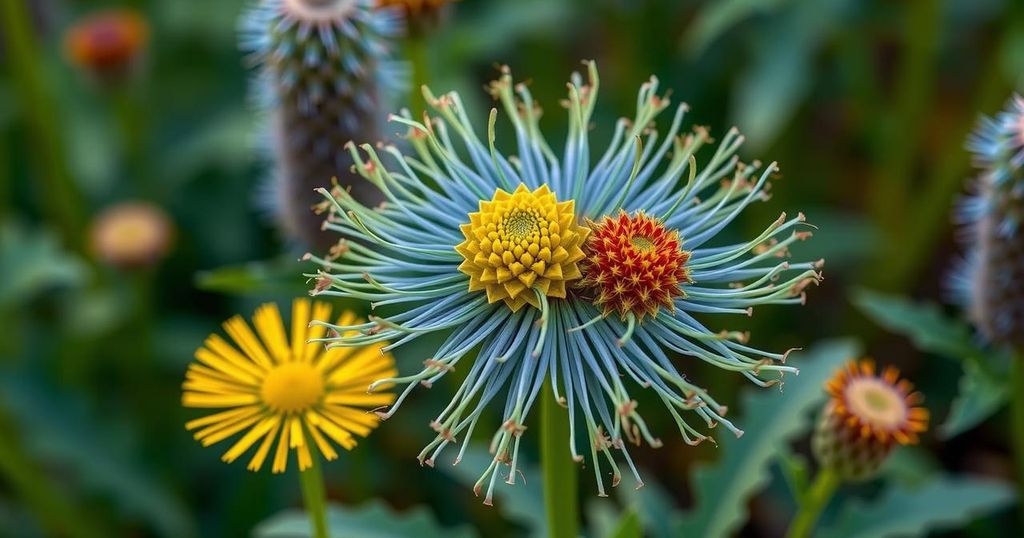The Svalbard Global Seed Vault has received 30,000 new seed samples from 21 countries due to rising fears about the impacts of climate change and geopolitical conflicts on global food security. The vault serves as a secure repository for diverse plant species, ensuring the preservation of vital genetic resources for future agricultural resilience. This initiative underscores the importance of international collaboration and the protection of cultural heritage linked to agriculture.
A significant increase in seed samples has been reported at the Svalbard Global Seed Vault, a facility designed to safeguard plant biodiversity for future generations. This surge in contributions, amounting to 30,000 new samples from 21 countries, has been primarily prompted by growing concerns over climate change and geopolitical tensions that threaten various plant species across the globe. The vault, located on Spitsbergen island in Norway, is intentionally constructed to endure catastrophic events, ensuring a repository for vital seed varieties which could be essential for restoring agricultural diversity under adverse conditions. Stefan Schmitz, the Executive Director of the Crop Trust, emphasized the pressing nature of these global challenges, stating that “Climate change and conflict threaten infrastructure and impact food security for over 700 million people in more than 75 countries worldwide.” The vault serves as a critical backup for gene banks around the world, and its recent deposits include a wide range of crops such as vegetables, herbs, and drought-resistant seeds from various nations, including Bolivia and Chad. Notably, the project aligns with a broader initiative to not only conserve agricultural species but also to protect cultural heritage related to these crops. Maintained by the Norwegian government in collaboration with the Crop Trust and the Nordic Genetic Resource Center, the Svalbard Global Seed Vault operates at no charge for depositors, reflecting its commitment to global food security and biodiversity. Recent contributions highlight the collaborative nature of the vault, which symbolizes worldwide efforts to confront present and future agricultural challenges. The statement from Lise Lykke Steffensen, executive director of the Nordic Genetic Resource Center, encapsulates this urgency: “Humanity depends on a wide diversity of genetic resources to meet future challenges.”
The Svalbard Global Seed Vault, established in 2008, acts as a secure storage facility for seed samples from around the world, preserving genetic diversity in the face of potential global disasters. With increasing environmental challenges, including climate change and conflict, there is an urgent need to protect agricultural biodiversity. Gene banks play a vital role in storing seeds, but the Svalbard vault provides a necessary additional layer of security for these invaluable resources. As the impacts of global warming and geopolitical strife intensify, efforts to bolster seed deposits in this facility have become crucial to ensure food security and cultural heritage related to agriculture.
In conclusion, the recent influx of seed samples to the Svalbard Global Seed Vault highlights the urgent need to safeguard agricultural biodiversity amid rising environmental concerns and global instability. The facility not only serves as a critical repository for diverse plant species but also fosters international collaboration aimed at enhancing food security for future generations. As global challenges continue to evolve, initiatives like the Svalbard vault underscore the importance of preserving genetic resources essential for ecological resilience and cultural identity in agriculture.
Original Source: global.chinadaily.com.cn






